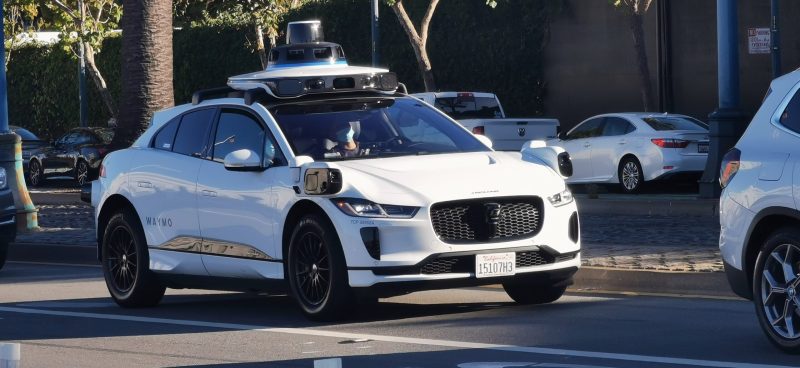Waymo, Alphabet’s autonomous vehicle arm, has closed a significant $5.6 billion funding round to drive the growth of its robotaxi service, primarily in the US but with plans for global expansion.
This latest series C funding, led by Alphabet, was joined by major investors like Andreessen Horowitz, Silver Lake, and Tiger Global, CNBC reported.
The investment will allow Waymo to broaden its presence in major cities, such as Los Angeles, San Francisco, and Phoenix, and to pursue technological advancements in autonomous driving.
The funding round also underscores Waymo’s unique position as one of the only US companies to operate a commercial robotaxi service in multiple cities.
Focus on expanding robotaxi service
Waymo co-CEOs Tekedra Mawakana and Dmitri Dolgov emphasized that this funding will expand their Waymo One robotaxi service in key US cities. In a statement to CNBC, the CEOs said,
With this latest investment, we will continue to welcome more riders into our Waymo One ride-hailing service in San Francisco, Phoenix, and Los Angeles, and in Austin and Atlanta through our expanded partnership with Uber.
The series C funding brings Waymo’s total capital raised to $11.1 billion after it raised $3.2 billion and $2.5 billion in two earlier rounds.
Alphabet CFO Ruth Porat announced in July that the parent company would commit to a multiyear investment of up to $5 billion in Waymo.
Waymo has seen steady growth in demand for its robotaxi services.
Its vehicles currently conduct more than 100,000 weekly trips across Los Angeles, Phoenix, and San Francisco, attracting diverse riders — particularly women and parents — who prefer the enhanced safety they feel comes with a driverless vehicle.
The Waymo One app facilitates easy access for riders to hail these autonomous rides, making them increasingly popular in these cities.
Partnerships and competition in the AV landscape
Waymo’s rise is not without challenges. Although Tesla and GM’s Cruise have each invested in AV technology, only Waymo currently operates at scale across multiple metro areas.
Cruise, Waymo’s main US competitor, had to halt operations in San Francisco after an October 2023 accident, although it is working to reinstate its service.
Waymo has recently broadened its reach with partnerships.
An expanded agreement with Uber launched Waymo robotaxis in Austin, Texas. Waymo is also collaborating with automakers to bring new vehicles into its fleet, including Hyundai’s Ioniq 5 electric car and Geely’s Zeekr, both equipped with custom AI “Driver” sensors designed for enhanced navigation and passenger safety.
Addressing safety and regulatory challenges
Despite Waymo’s achievements, concerns remain among the public.
A Pew Research Center survey showed that nearly two-thirds of US respondents expressed reluctance to use driverless vehicles.
Safety incidents have also drawn attention; Waymo’s AVs have encountered traffic problems and minor collisions, though these incidents have not resulted in severe injuries.
Waymo has worked proactively to address these concerns.
The company reported that its vehicles crash far less frequently than human-driven cars, based on data shared with the public.
Additionally, Waymo has initiated software updates to further enhance the safety of its vehicles and is exploring driverless operations in challenging weather conditions to prepare for expansion beyond the Sunbelt.
A vision for global expansion
Waymo’s ambitions extend beyond its current market.
The company announced it will soon test its AV technology in colder climates, including Michigan and upstate New York, aiming to demonstrate the versatility of its vehicles in harsher conditions.
In time, Waymo hopes to establish an international footprint, capitalizing on the growth of autonomous vehicle infrastructure globally.
With $11.1 billion raised over multiple funding rounds, Waymo has the resources to accelerate the future of autonomous transportation, but it faces a complex regulatory and competitive landscape.
As it expands, Waymo will continue to shape the future of mobility, navigating the path toward safer and more accessible autonomous driving.
The post Waymo secures $5.6 billion to fuel robotaxi service expansion appeared first on Invezz


